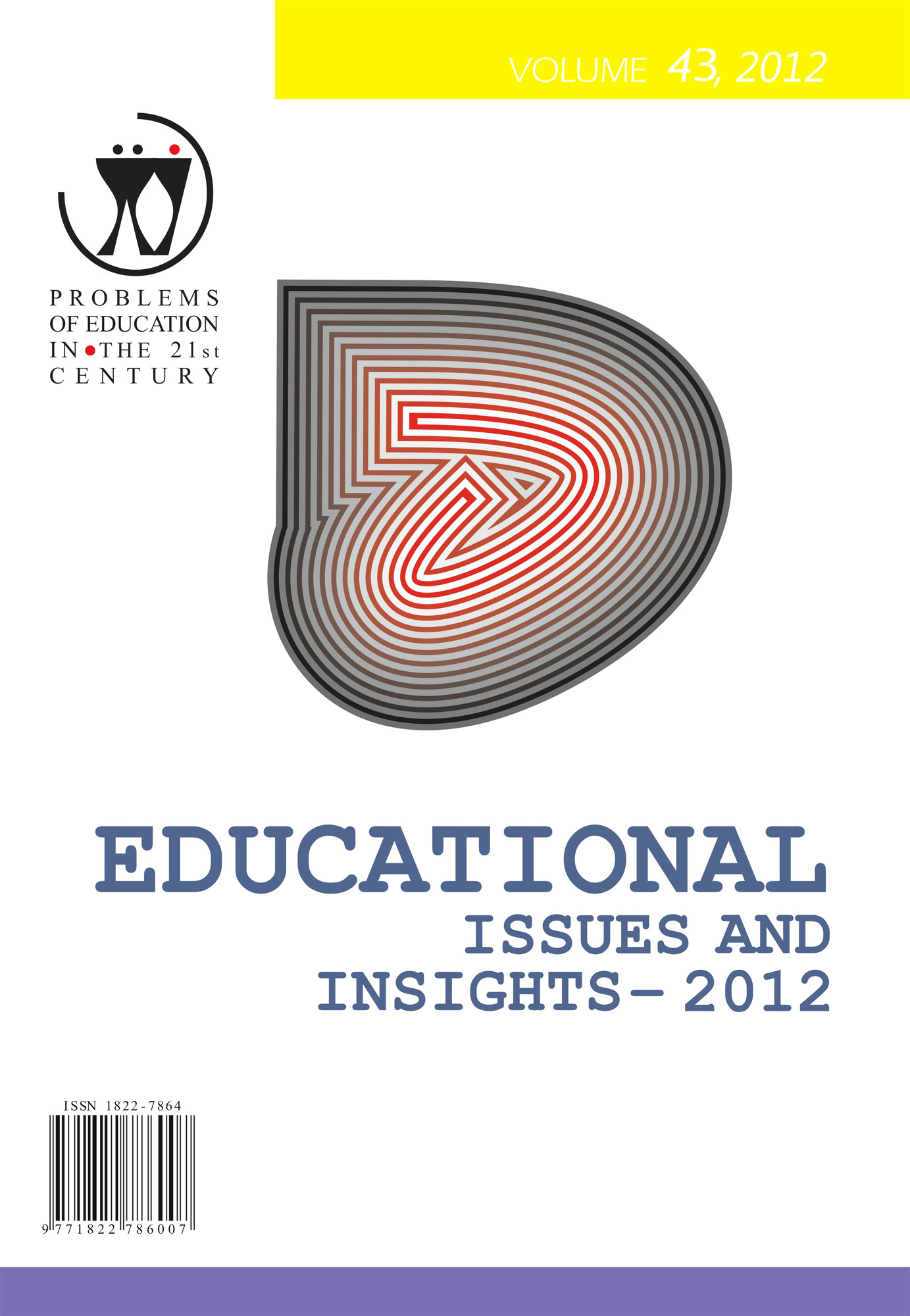EVALUATION OF ATTITUDES AND INTERESTS TOWARDS ICT: ORIENTATION FOR PROBLEM EXPERIENCES
EVALUATION OF ATTITUDES AND INTERESTS TOWARDS ICT: ORIENTATION FOR PROBLEM EXPERIENCES
Author(s): Francisco Manuel Morales RodríguezSubject(s): Education, ICT Information and Communications Technologies, Pedagogy
Published by: Scientia Socialis, UAB
Keywords: attitudes; ICT; learning; university students;
Summary/Abstract: The transformation process occurring in the educational field, which has resulted from the generalized development and application of the Information and Communication Technologies (ICT), differs from preceding technological revolutions in the amazingly accelerated pace it sets. Reflecting upon the implications of the generalized and increasing adoption of ICT is undeniably important for the present and future of social sciences and, particularly, for the areas of pedagogy and didactics. The new model of Higher Education involves new methods, demands and challenges, where the use of ICT represents one of the basic competences. The present study aims to provide an evaluation of interests and attitudes towards Information and Communication Technologies (ICT) in a sample of 224 post-graduate students of the Master's Degree in Teacher Training: Secondary and Upper Secondary Education, Vocational Training and Language Teaching, aged from 22 to 49 years old. The questionnaire includes questions aimed to evaluate different aspects, which facilitate interactive learning: computer knowledge; knowing the value of the Internet; place and frequency of online access; and usefulness of certain tools such as video-film, power point, Moodle, forums, wikis, chats, video-forums and blogs. Additionally, the questionnaire includes a number of questions about the potential applications of the Internet in an educational context. Results showed that all students are familiar with the Internet and that they first got to know it from friends. More important is the fact that most of them consider the Internet as a potential educational resource and not only as a support or reinforcement tool that complements the textbook and they like to use ICT and think of them as useful tools in their learning/teaching process. There are differences based on gender and specialization in the perception of the role that ICT is to play in the university context. In particular, men from the specialization Foreign Language consider that weblogs do facilitate peer-to-peer and student-teacher communication and give less importance than women to the item stating that the families’ socioeconomic level has an influence on our knowledge of the Internet. To conclude, the information obtained from the present study is of interest both for training teachers and for integrating ICT in the academic curricula.
Journal: Problems of Education in the 21st Century
- Issue Year: 43/2012
- Issue No: 1
- Page Range: 44-57
- Page Count: 14
- Language: English

